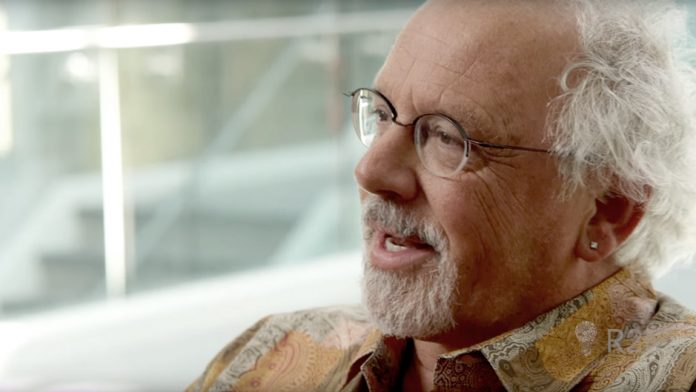Charlie Trick is a Professor of Biology and Microbiology and Immunology, and Beryl Ivey Chair for Ecosystem Health at Western University. We asked everything from why he chose his field of study to what’s on his playlist in hopes of giving you a better understanding of what goes on outside the lab for one of the best minds in Canadian research.
What inspired you to become a scientist?
I suspect that being a scientist was part of daily learning experience as a child (of course none of my brothers or sister followed that path). My father was the first in his family to attend university and he completed his PhD from McGill in Chemistry. As children we visited his workplace, heard his stories, watched his “chemistry demonstrations” (probably outlawed today by Health and Safety), but really learned that science was a way of approaching and solving problems.
What do you like most about being a scientist?
There are two great joys in being a scientist. The first is that I get to be creative about solving problems that are important to either my research field, my community or globally: a chance for creative success.
The second is that science is also teaching – teaching oneself, graduate students, undergraduates, community members, and coffee shop acquaintances. It never stops. Their responses help shape my research and my narrative.
These two joys mean that each and every day can bring new ideas into my day and set me deep into a new practical or academic path of thinking and doing. Unlike Yoda who defines action as “Do or do not. There is no try,” there is the wonderful middle ground of a curiosity and creative teasing of the problem that leads to “do” or “do not.”
What do you envision in the future of your field?
Since I deal with water and water-based resources, I am very well aware that the development of populations and affluences has put enormous stresses on aspects of my research area. It has gone from an important area or concern to a critically important area of concern. But since the shift has been slow, and it is one of those issues of “environmental amnesia” we will not realize the lost importance until it is actually lost. Until then there is a belief that if “we keep the path and we will be all right” – an environmental “faint hope clause.”
How will your research make a difference in our lives?
At the foundation of the best decision making is the best science. Clear science in my research area is needed – along with a strong narrative to explain the consequences of doing or not doing. The frustration of some of the science that I do is that I am measuring the consequence of human activities – thus I have to consider problems of mitigation. This gives the impression that problems created can be solved. But really we need to make upstream changes that avoid the initiation of the problem. This is rewarding at one level but frustrating at another. We work hard to protect the environment so that the health of communities is maintained. If successful, no one notices. Where is the news and social pressure in that? Headlines: “Community is not sick. Scientists not needed.”
What advice would you give young researchers?
Be curious. Be passionate. Be insightful. Be willing to bridge deep science with deep humanity. Be willing to be trained to make a difference.
What do you consider your greatest achievement?
Hopefully that is still in the future. But my proudest achievement is bridging biology-environmental sciences with the demands of public health. The cross-fertilization of these two approaches to the world is critical for the next generation of leaders – and I am proud that I have been allowed/encouraged to make the bridge.
What do you read?
Everything – bus ads, newspapers, fliers, spy books, deep historical analysis. Textbooks, paperbacks.
What’s on your iPod?
Beyond the everyday use of email etc., the three busiest sites on my iPad are audio books, kindle books, and pdf readers for scientific contributions.
If you could meet any historical figure who would it be and why?
R. Buckminster Fuller. Inventor of a million ideas. Promotor of “spaceship earth” and the “trim tab model for change.” As an undergrad he visited campus and gave a talk. To be honest the topic escapes me – but he placed the idea of a “passion of possibility” that lives in me each day. I’d love a day exploring ideas with him – a true creative genius.
What do you like to do for fun?
Opportunities in my job mean each day has the opportunity to be fun and rewarding. For fun, I get to share this with family, friends, students. We explore, travel, and immerse ourselves into the curiosities of the world.
Want to learn even more about Prof. Trick? Check out his Orange Chair Interview.









































